Check out ‘The Changing Room’ – order our first poetry book
Worldwide Roar is now BAREFOOT MAN! Learn more
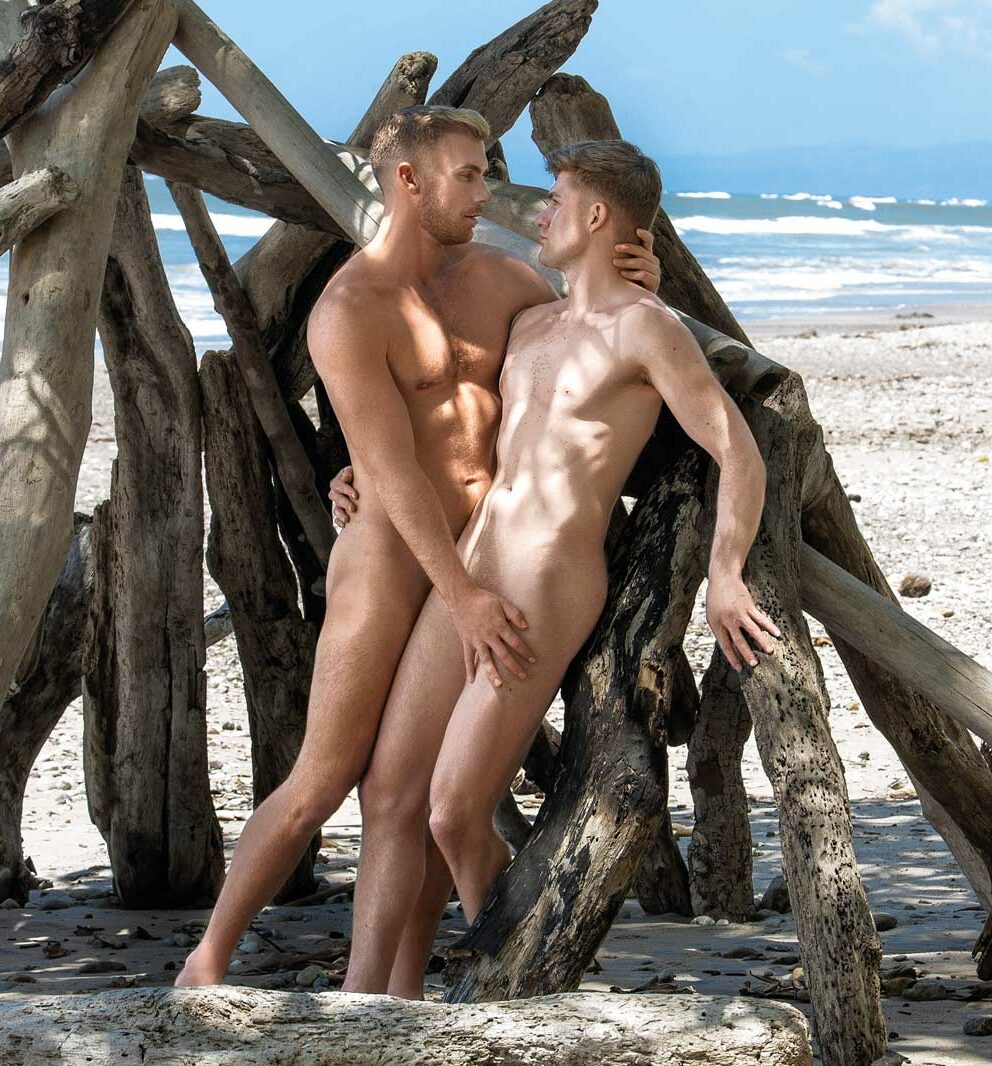
Stay up to date with our latest news, competitions and offers. We look forward to staying in touch.
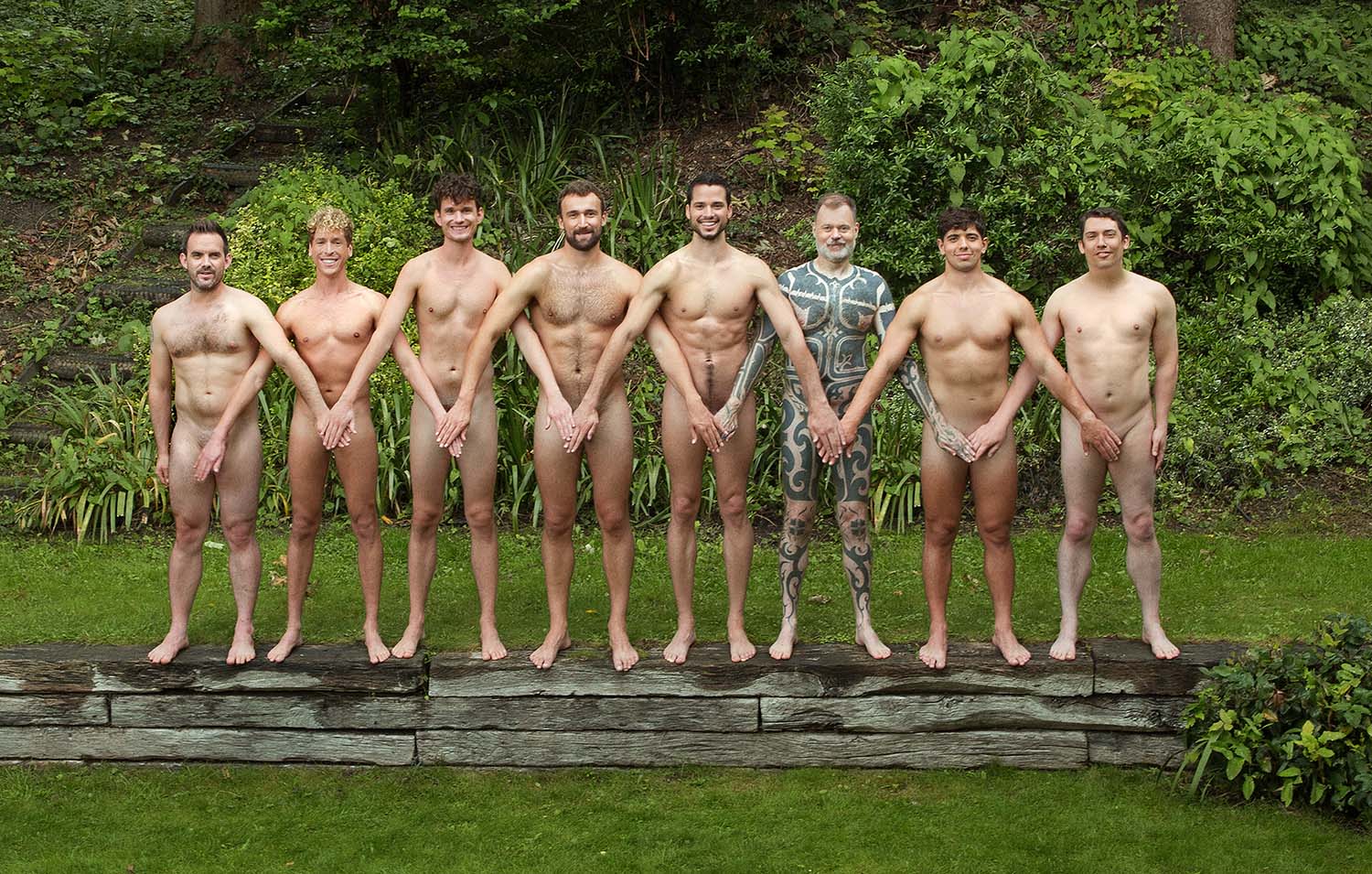
06.12.23
On behalf of everyone at Barefoot Man, I want to welcome our new members on the Talking Barefoot WhatsApp channel. We hope this will offer all of us a better way to talk to each other than through mail shots and social media.
We want this channel to become a community of people who are interested in the goals of Barefoot Man.
Friday 1 December was World AIDS Day and the United Nations theme for the response to the HIV pandemic over coming year is “let communities lead”. I will come back to the relevance of World AIDS Day to what we are doing at Barefoot Man, but first of all I want to thank those of you have already joined our WhatsApp channel. We are still getting the hang of how this is going to work, and we want you to be actively involved in helping to figure that out.
We are starting with the ambition to make this a space where our creators, our guest contributors, our participants and our followers can discuss the most urgent we face and how we can address them. We are all people who have been affected by rules of masculinity that determine who men can be. We know these rules affect everyone. We don’t have to agree on everything, but I hope we can work together to make this a place where we can breathe without inhaling the toxic fumes of social media.
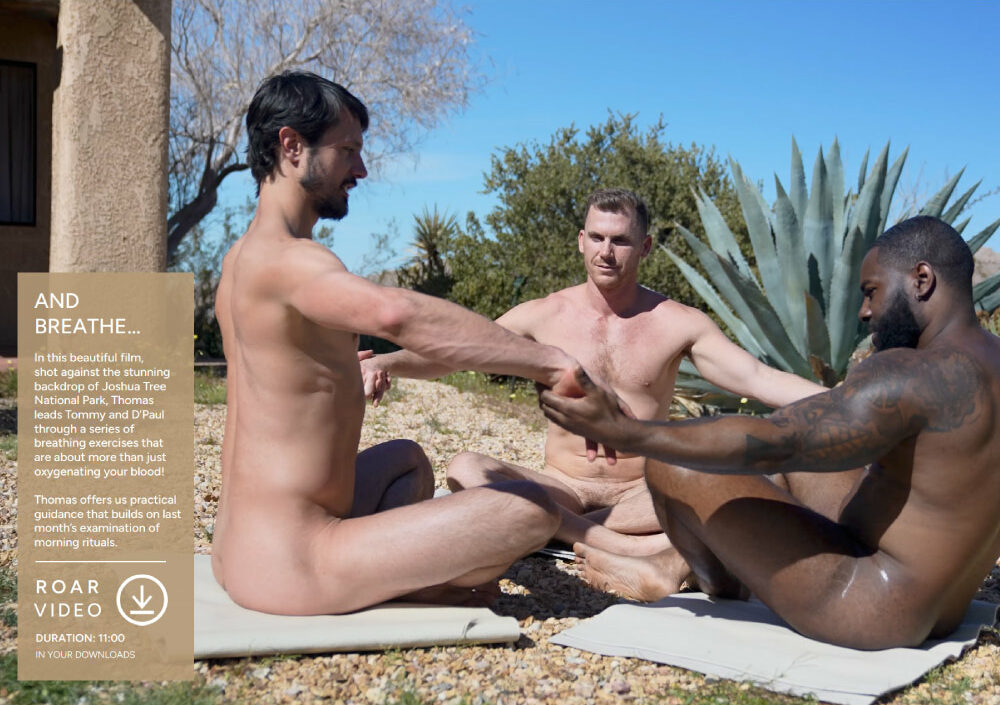
As society changes, there are people who will lead that progress. I like to think that those of us who work for, undress for, fund and contribute to Barefoot Man are part of that movement. We have faced a lot of challenges over the years – from institutions, from prejudice and let’s not forget Covid! But we have kept going because we believe that fighting for healthier masculinity is a battle worth having. We must ensure that we are both seen and heard.
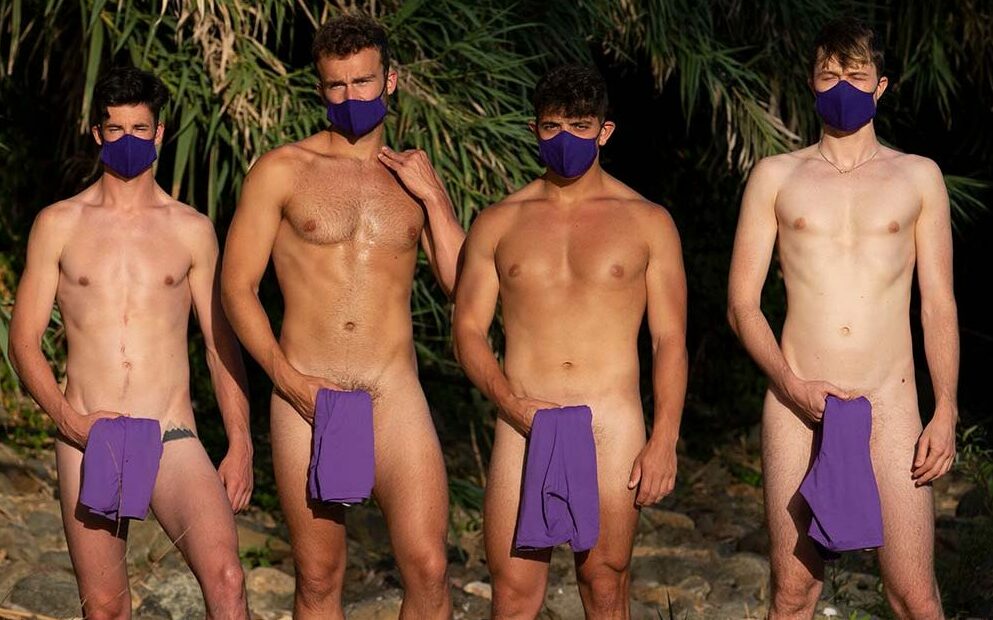
We will always face people who want things to stay the same. Right now, we are facing many voices in a battle over the definitions of masculinity. I have been involved in these battles before, which brings me back to World AIDS Day.
I spent many years working in the UK response to the HIV epidemic. I started as an administrator, became a health educator and helped to set up the UK’s for non-governmental health promotion programme for men who have sex for men. In my spare time I worked as a massage therapist in the AIDS wards of a major London hospital. These were people who were never going to get better. For them, massage was not about supporting their muscles. Many had very little muscle left. For them, the point of my therapy was to provide an affirmation that they were still alive and could still be touched.
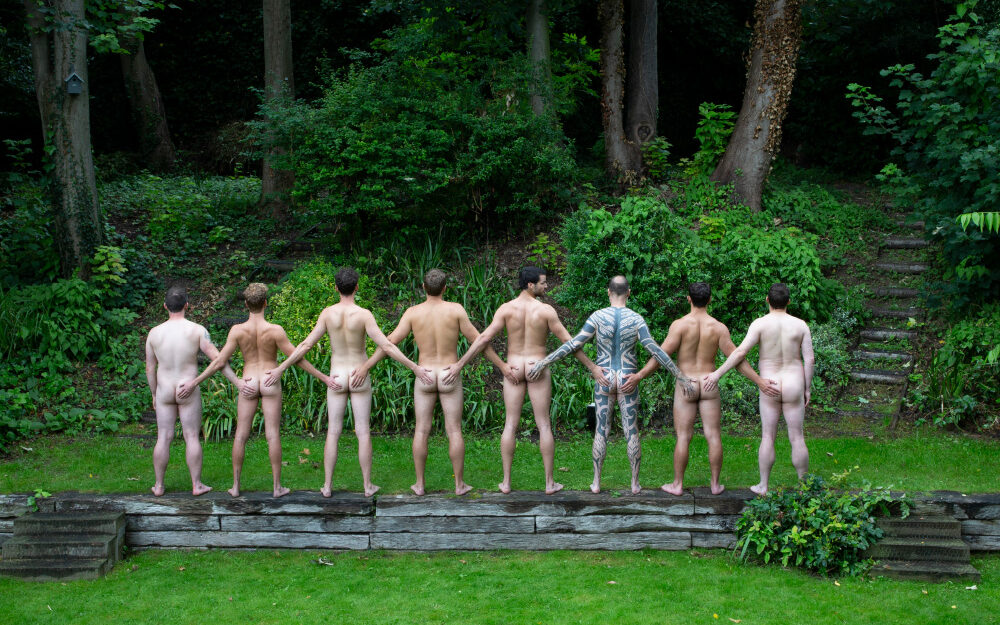
That memory has stuck with me. It was an extreme example of something that the Barefoot Man project has helped to see over the many years since it started out as the Warwick Rowers calendar: there many men who need to feel more alive and better able to receive touch. It is just one example of how my experiences in the HIV epidemic taught me pretty much everything I know.
One of the most important things I discovered is that marginalised people have the clearest vision of the change we need to see. They need to speak up, because they are not alone. There are allies outside those communities who will hear them, and who will join them.
Eventually, I decided to speak up by revisiting my experience as a queer kid who felt marginalised and traumatised in the gender-bound, patriarchal world of school sport. I picked up a camera for the first time in my life and, if you’ve made it to this blog post, you may already know the rest.
The short version of the story is that I asked men to get naked in front of my camera, and to my surprise they did. All sorts of men, including a group of young rowers at an English university. It was a strange experience for me to find myself back in the world of sport in education, and I think meeting a queer man like was a very novel experience for the rowers, too! We found out a lot about each other. When we shared our experiences (and of course our films and images) with a growing number of supporters, the response helped us to make a commitment.
We started by mounting a challenge to homophobia in sporting culture, and have honed that initial ambition over many years into a greater goal: to rewrite the rules of masculinity.
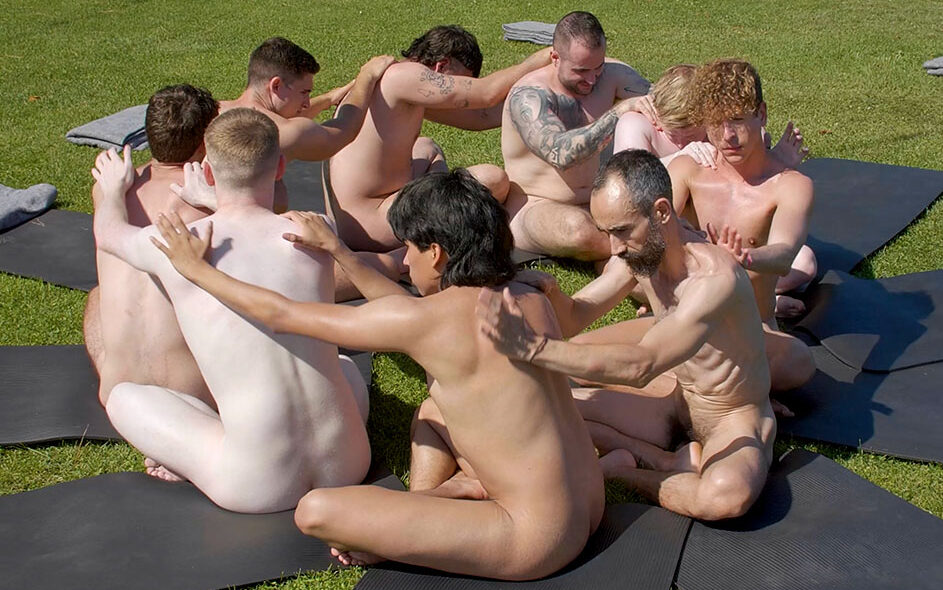
What I do in this project is only possible because, to use a popular if controversial expression, I got radicalised. There came a point where I felt I had done everything I could in relation to HIV. I was not among those who had paid with loss of someone truly close or with my life. I needed to find a more deeply personal way to commemorate and show respect for the ultimate sacrifice that many people have made.
This project was me exploring my own personal trauma rather than advocating on behalf of others, but I could not have made it personal if the injustice I saw in the response to HIV had not made it political first. I had to understand the way in which I had been personally marginalised within sport and why my response to that needed to be heard.
My journey brought me right back to advocating for others, but this time by confronting and reflecting on my own trauma. I quickly discovered that others shared my trauma as gay men who had ‘failed the masculinity test’ in school sport. I also discovered that many straight sportsmen were horrified to hear of my experience. For them, sport had been their road to self-discovery, self-confidence and a map for life. We realised that sport – and the rules of masculinity – needed to offer more consistently healthy outcomes for ALL men.
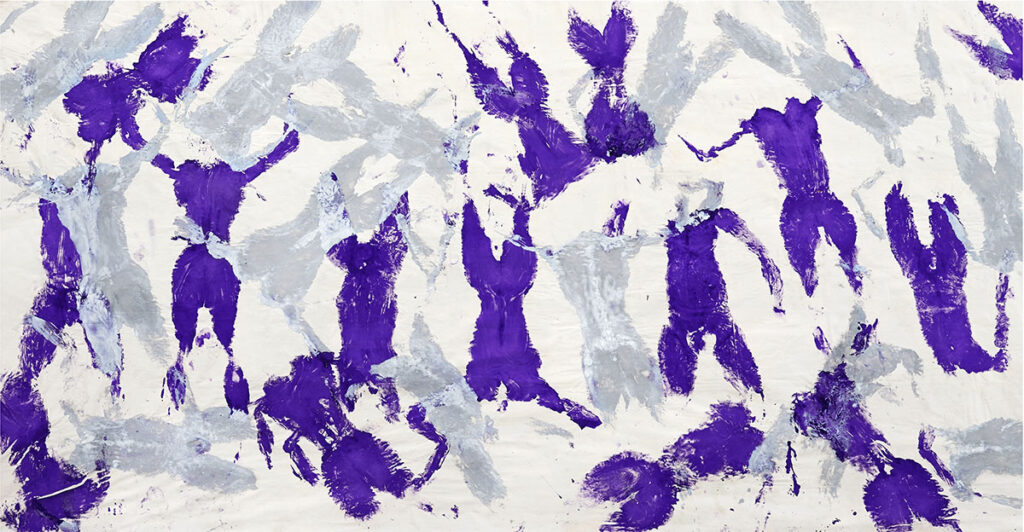
Like every catastrophe, HIV has brought a lot of destruction and heartache to the world, but also learning that has created a legacy of progress. That includes understanding the importance of community engagement in how the world is run.
One of many things I have learned over the lifetime of this project as Warwick Rowers, Worldwide Roar and now Barefoot Man is how fragile our freedoms are. The enemy is always at the gate. There was a time, as we began to triumph over the HIV epidemic in the Western world, where the future looked bright. The enemies of change stopped shouting, or perhaps stopped delivering a message that people wanted to hear.
I now see they were simply regathering. Increasingly, I hear them banging on the gates. You know who I am talking about. They are on YouTube and social media, and they are seeking to own the definitions of masculinity, and set the rules for everyone.
They want to scare us and then invade, because this more than noise. It is an attempt to break down our gates, trample on our freedoms, and force those of us who not fit the traditional rules back into hiding.
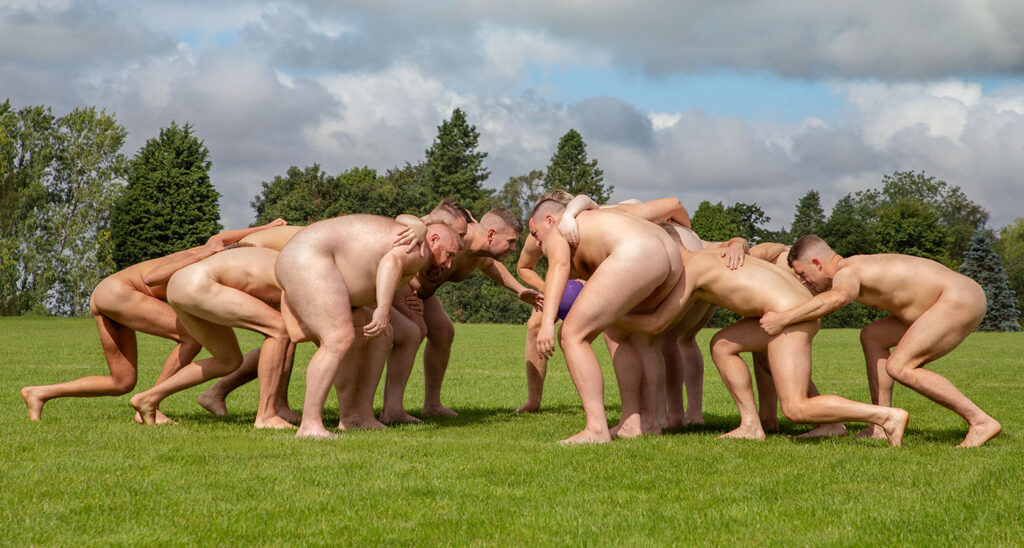
As the UNAIDS organisation has noted in its statement for World AIDS Day 2023:
“Communities are being held back in their leadership… crackdowns on civil society and on the human rights of marginalised communities, are obstructing the progress of HIV prevention and treatment services. If these obstacles are removed, community-led organisations can add even greater impetus to the global HIV response, advancing progress towards the end of AIDS.”
In my own lifetime I have seen how quickly we forget the lessons of war. The lessons of the war in which I and many others fought ignorance in governments, in the media and in the wider communities where we live must not be lost.
Every day in this project, I remember the people in communities most affected by HIV who died in silence and in darkness. Their legacy is that many of us who have gone unseen and unheard can stand in the light and speak today. We must not let them down.
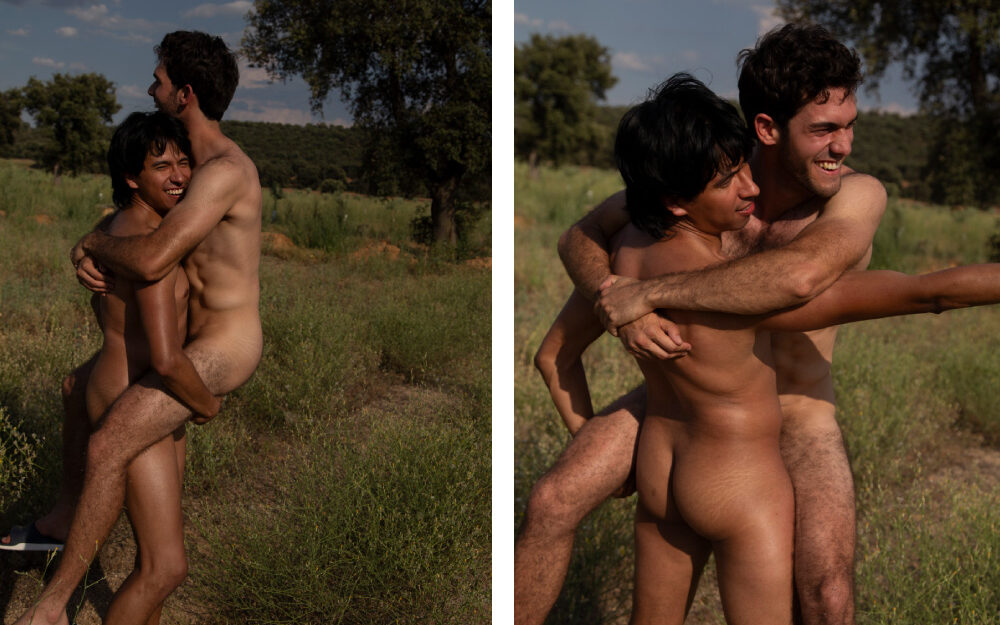
Many in our Barefoot community have lost people, and some of us around the world are right now losing our freedoms. We must not lose hope. As men, as allies, as people whose life chances have been limited by rules that are no longer fit for purpose. We are a community. It is our responsibility to lead.
Angus Malcolm
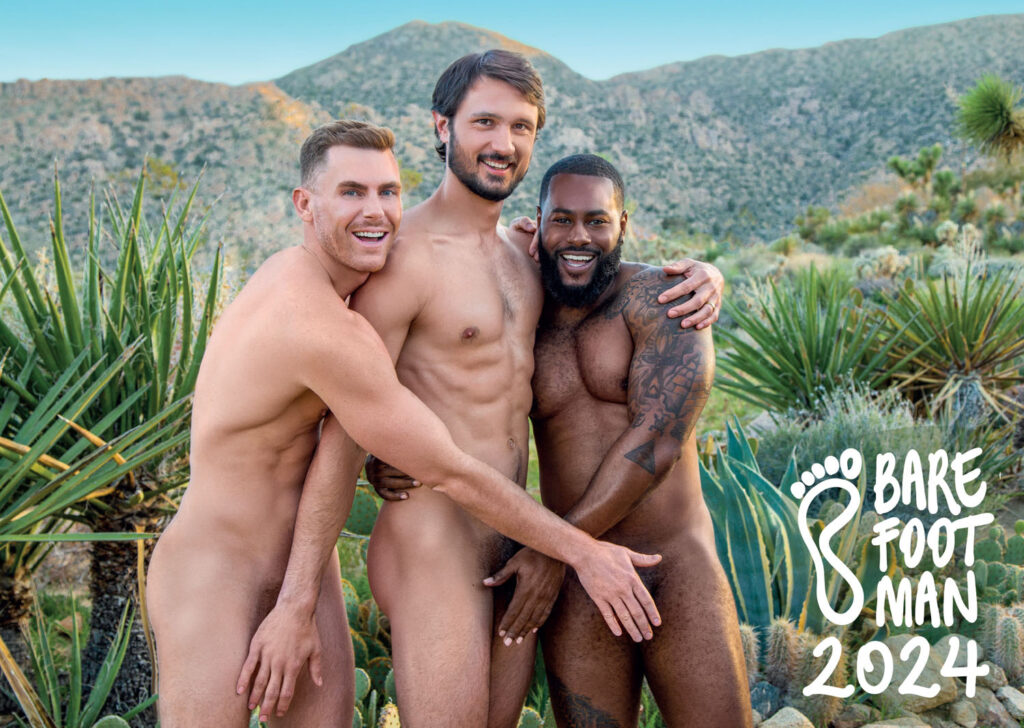
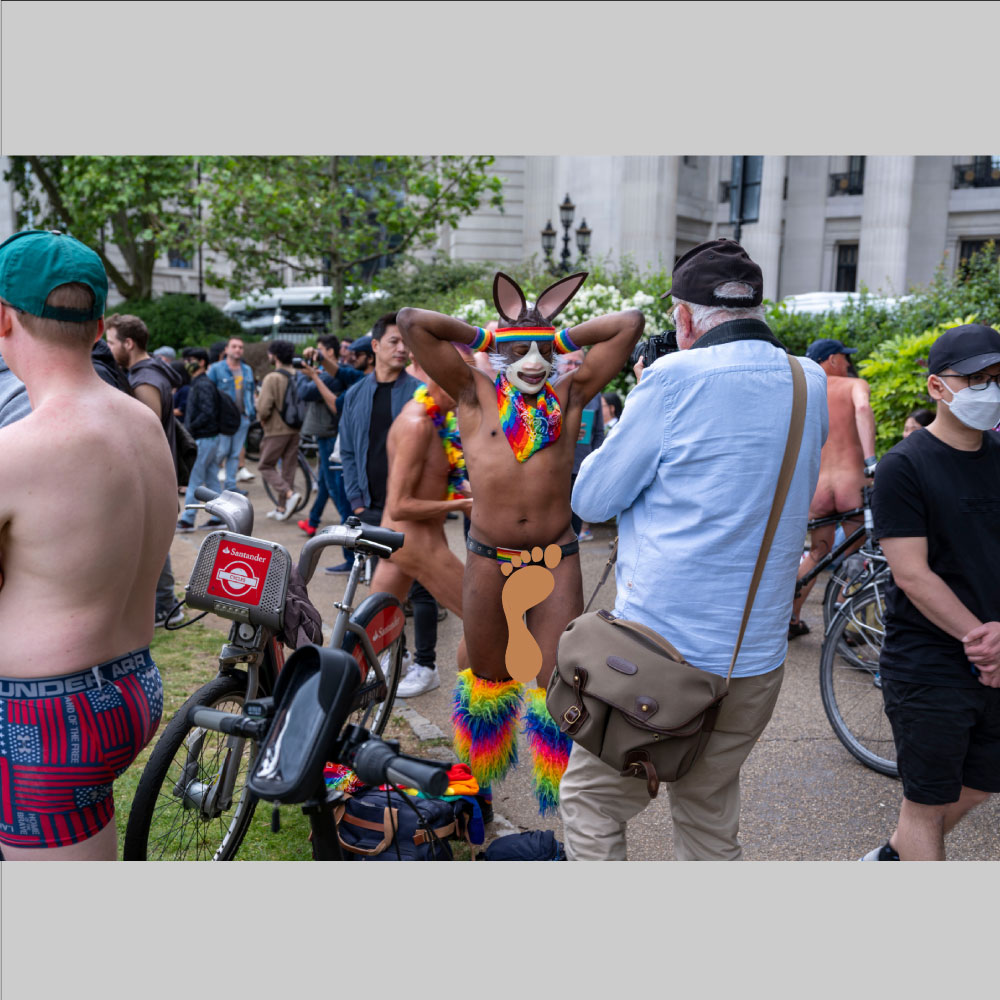
Barefoot Man is proud to be working with the World Naked Bike Ride (WNBR) in London on creating content about...…
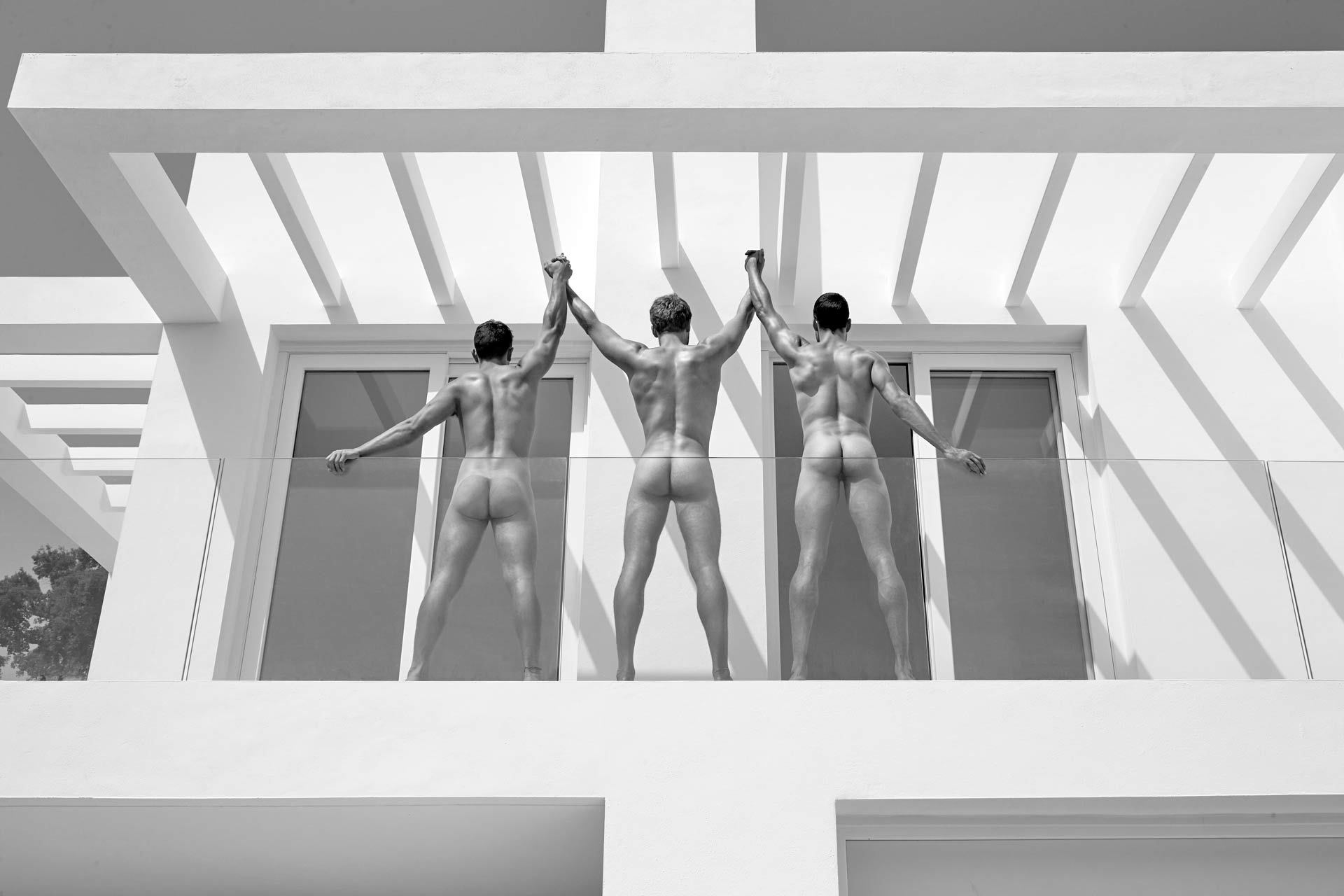
The Warwick Rowers began as a humble student calendar initiative, but over the years it has evolved into a much...…
You need to load content from reCAPTCHA to submit the form. Please note that doing so will share data with third-party providers.
More InformationYou need to load content from Turnstile to submit the form. Please note that doing so will share data with third-party providers.
More InformationYou need to load content from reCAPTCHA to submit the form. Please note that doing so will share data with third-party providers.
More Information